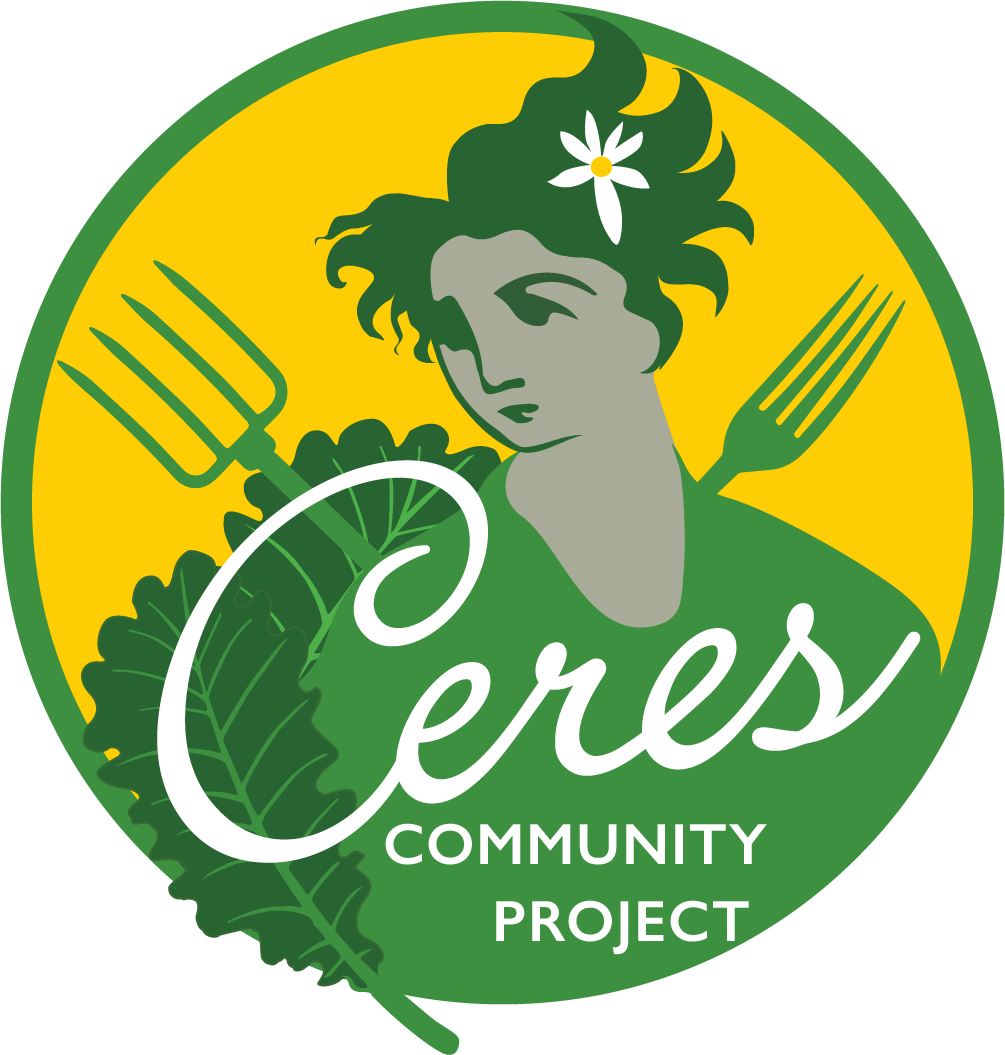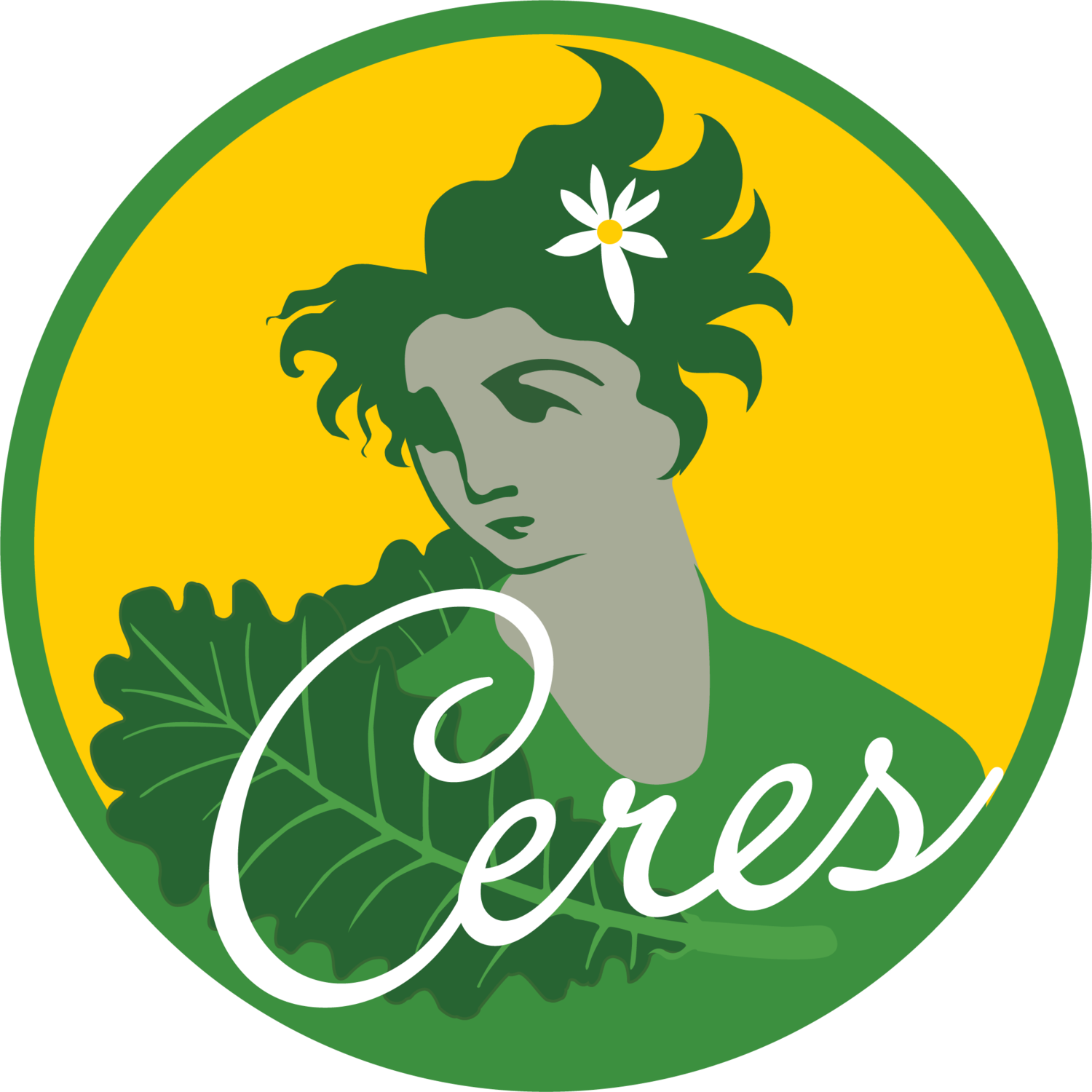Nutrition to Manage Pain and Lower Inflammation
One major reason for pain is inflammation (inflammation also precedes development of diabetes, auto-immune conditions and other diseases - even cancer). So taking a look at inflammation and doing everything we can to reduce it is of extreme importance today, especially since inflammation can be largely attributed to our modern lifestyle. “Specifically, dietary triggers (fructose, wheat and industrial seed oils), stress, poor sleep, gut dysbiosis and environmental toxins all cause inflammation on their own. When combined together, they are an explosive mix” (Chris Kresser, 2010).
According to Nutrition Data,
“inflammation can silently involve every cell in your body and, over time, negatively affect your health and abilities. For example, allergies, joint pain, and premature aging are just a few of the common ailments linked to “systemic inflammation…”
The levels of certain chemicals in your blood are known to increase with increased levels of inflammation. One of these chemical markers for inflammation is a protein called C-reactive protein (CRP). CRP is often measured in conjunction with other blood tests, and normal values are well established. From a clinical standpoint, a CRP level of less than 5 milligrams per liter of blood is considered normal. “Normal” may not be optimal, though. Many medical researchers believe that even slight elevations of CRP are tied to increased risk for heart attack, stroke, and many other diseases.”
Without the CRP test, we can tell if a system is inflamed if there is constant allergic reaction activity (seasonal, foods, dust), inability to lose weight no matter how little one eats, headaches, body aches, joint pain, and mucus formation, for example.
Doctor Tom O’Brien, a Functional Medicine and gluten-sensitivity expert, says that
“each bite we eat is either inflammatory or anti-inflammatory, so we need to choose more anti-inflammatory foods to feed ourselves with.”
Once you have the knowledge of what is anti-inflammatory, it becomes easy to answer this question and make choices based on your answers. It is also important to note that we all have very individual needs and what is inflammatory for one person may not be for another and the same goes for anti-inflammatory foods. All we can do is provide a general guideline based on multiple studies and the literature we consider tried and tested. You will need to listen to your body in order to know if the anti-inflammatory foods we suggest agree with you or not.
Anti-inflammatory Foods Most of Us Can Benefit From
Omega-3 Foods
Foods rich in omega-3 fatty acids are considered anti-inflammatory because this class of nutrients serves as precursors for compounds in the body (such as certain prostaglandins and leukotrienes) that have anti-inflammatory activity. Great examples of foods rich in omega-3 fatty acids include…
Wild salmon,
Sardines,
Nuts and seeds (notably flaxseeds, hemp seeds, and walnuts),
Organic & fermented soybeans (ie. tempeh),
Winter squash,
And purslane.
Extra virgin olive oil
It contains healthy fats (monounsaturated fats), and has been found to have anti-inflammatory benefits. Some of these benefits seem to come through its unique antioxidant phytonutrients, such as oleuropein and hydroxytyrosol. It’s important to note that these phytonutrients are more concentrated in extra virgin olive than other types of olive oil. Olive oil should not be exposed to high temperatures. Use coconut oil or ghee for anything over 350 degrees. The benefits of olive oil are well studied and reasonable consumption can be up to 1 liter a week! (A couple of tablespoons a day will do just fine too).
Deep colored fruits and vegetables:
Berries, cherries, beets, leafy greens (like kale and chard), and pomegranates. Pineapple also contains a proteolytic (protein-digesting) enzyme called bromelain that has anti-inflammatory activity. Flavonoid and carotenoid phytonutrients (present in colorful fruits and veggies) also have strong anti-inflammatory and antioxidant properties and are a great inclusion in any diet geared towards controlling inflammation.
Spices
Turmeric, ginger and garlic are among the highest anti-inflammatory spices – and they add wonderful flavors and aroma to just about any dish. Turmeric is the most studied spice in the world and its benefits are vast: its strong anti-inflammatory compound, curcumin, has been shown to have the same effect or better than prescription and over-the-counter medicines to lower pain and inflammation. It promotes joint health, enhances the liver’s detoxification pathways and inhibits the formation of certain cancer-causing chemicals in the body (Mateljan, 2015).
Foods to avoid
Foods that may promote inflammation, such as vegetable oils (sunflower oil, corn oil, and any highly processed oils including canola and soybean oils) as they are rich in omega-6 fatty acids (which are inflammatory, working the opposite way from the healthy omega-3s. It is not that your diet should not have any omega-6 fatty acids - it is just that most people already get an ample supply of these fatty acids in their diets and therefore should try to minimize concentrated food sources of them in order to maintain a balanced omega-6 to omega-3 fatty acid ratio); refined foods such as white flour, white rice and white sugar; processed foods that contain synthetic flavorings, colorings and preservatives; excess dairy; and commercially raised and processed meats.
Resources
Chris Kresser, 2010. How Inflammation Makes You Fat. Retrieved from:
http://chriskresser.com/how-inflammation-makes-you-fat-and-diabetic-and-vice-versaMateljan, George. The World’s Healthiest Foods, 2nd Edition. GMF Publishing, 2015. World’s Healthiest Foods Retrieved from: http://www.whfoods.com/genpage.php?tname=george&dbid=163
Nutrition Data:
http://nutritiondata.self.com/foods-000992000000000000000.htmlBauman College Therapeutic Nutrition Notebook, 2012


